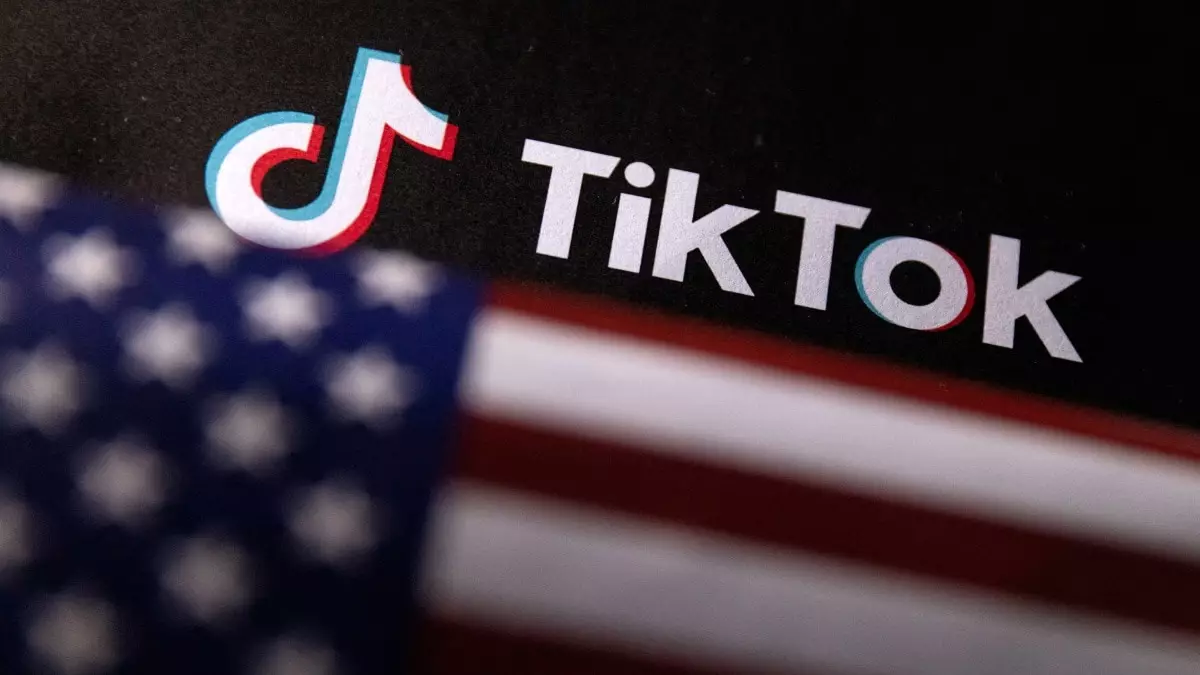As the United States braces for the incoming administration of President-elect Donald Trump, a critical legal battle looms over TikTok, the social media platform that has rapidly gained traction, boasting over 170 million American users. Currently, a law is on the verge of enacting a ban on the app or necessitating its sale to an American company due to national security concerns over its Chinese ownership by ByteDance. The US Supreme Court is slated to hear oral arguments on January 10, the stakes are high, and the timing is critical, with the law’s divestment deadline set for January 19—just one day before Trump formally takes office.
It’s particularly notable that Trump’s approach toward TikTok has changed significantly since 2020 when he attempted to force its sale to American entities, citing potential risks associated with its Chinese origins. This represents a stark reversal of his earlier position and illustrates a complex landscape where political motivations, public opinion, and business interests intersect. During his campaign, Trump suggested a “warm spot” for TikTok, indicating a willingness to maneuver through this legal quagmire rather than impose a ban or a sale.
This shift may indicate not just a strategic political decision but also an acknowledgment of TikTok’s substantial role in the digital engagement of American youth, particularly through campaigning efforts that garnered billions of views on the platform. The platform, thus, is not merely an entertainment outlet but a significant player in modern political communication.
Trump’s legal team, led by D. John Sauer, has filed a request for the Supreme Court to pause the enforcement of the law pending their decision, pleading for the incoming administration to have the necessary time to evaluate and potentially resolve the situation politically. The legal framework sets a precarious stage for TikTok as it navigates the contradictory narratives that pit national security against the principles of free enterprise and individual expression.
Amidst this turmoil, advocates for free speech have engaged with the Supreme Court, arguing that the proposed ban mirrors the oppressive censorship strategies employed by totalitarian regimes. This argument raises critical questions about the extent to which elected officials can infringe upon platforms of digital communication in the name of national security.
The U.S. Justice Department vigorously defends the law, stressing that TikTok poses ongoing threats to national security due to its Chinese ownership. This perspective has found considerable support across bipartisan lines, with many lawmakers echoing concerns over data privacy and potential surveillance risks. The ongoing fear is that the Chinese government could gain unauthorized access to sensitive information about American citizens, thus amplifying the urgency to regulate such platforms.
Montana Attorney General Austin Knudsen’s coalition of 22 attorneys general further highlights the legislative thrust backing the divest-or-ban strategy. Their amicus brief filed with the Supreme Court emphasizes a unified stance taken by multiple states against TikTok, all the while positioning themselves in a protective posture concerning national interests.
In response to the legislative assault, TikTok has positioned itself defensively, arguing that it maintains significant operational autonomy from China. The company emphasizes that U.S. user data is stored on American soil, facilitated by Oracle’s cloud infrastructure, and claims that content moderation for American users is conducted stateside as well. This information seeks to reassure users and lawmakers alike regarding data security but may fall short of allaying fears harbored by government officials.
With tensions rising and the court’s decision nearing, the future of TikTok hangs precariously in the balance. How the Supreme Court decides may not only define the fate of TikTok itself but will also reflect broader implications for digital communication, privacy rights, and the relationship between the U.S. and China. As the narrative unfolds, the outcome will likely resonate through the realms of politics, technology, and civil rights, shaping the digital landscape for years to come. The implications of this case stretch far beyond TikTok—where the interplay of national security, corporate interests, and digital freedom will demand continuous examination as society grapples with the future of technology in an increasingly polarized world.


Leave a Reply